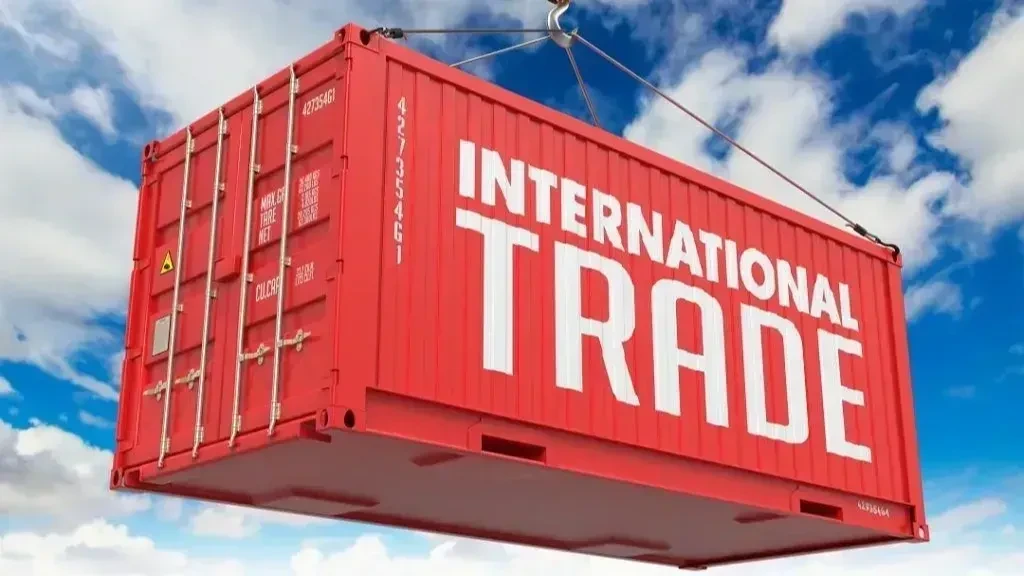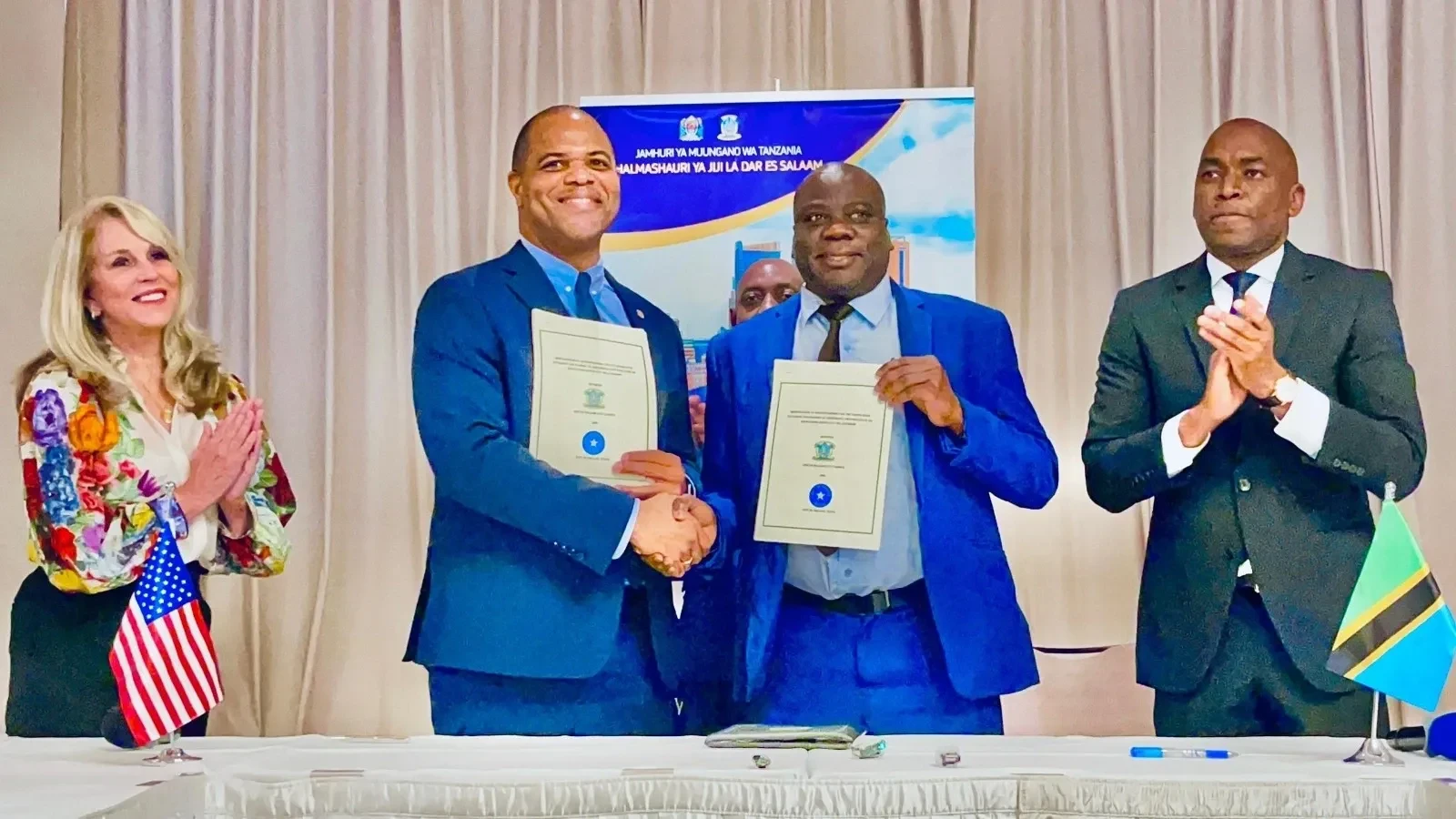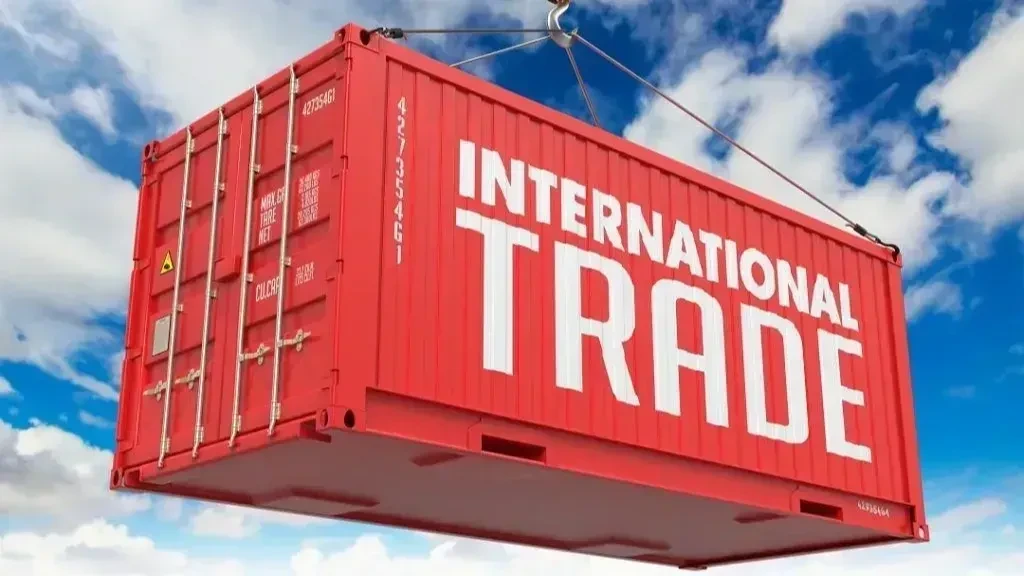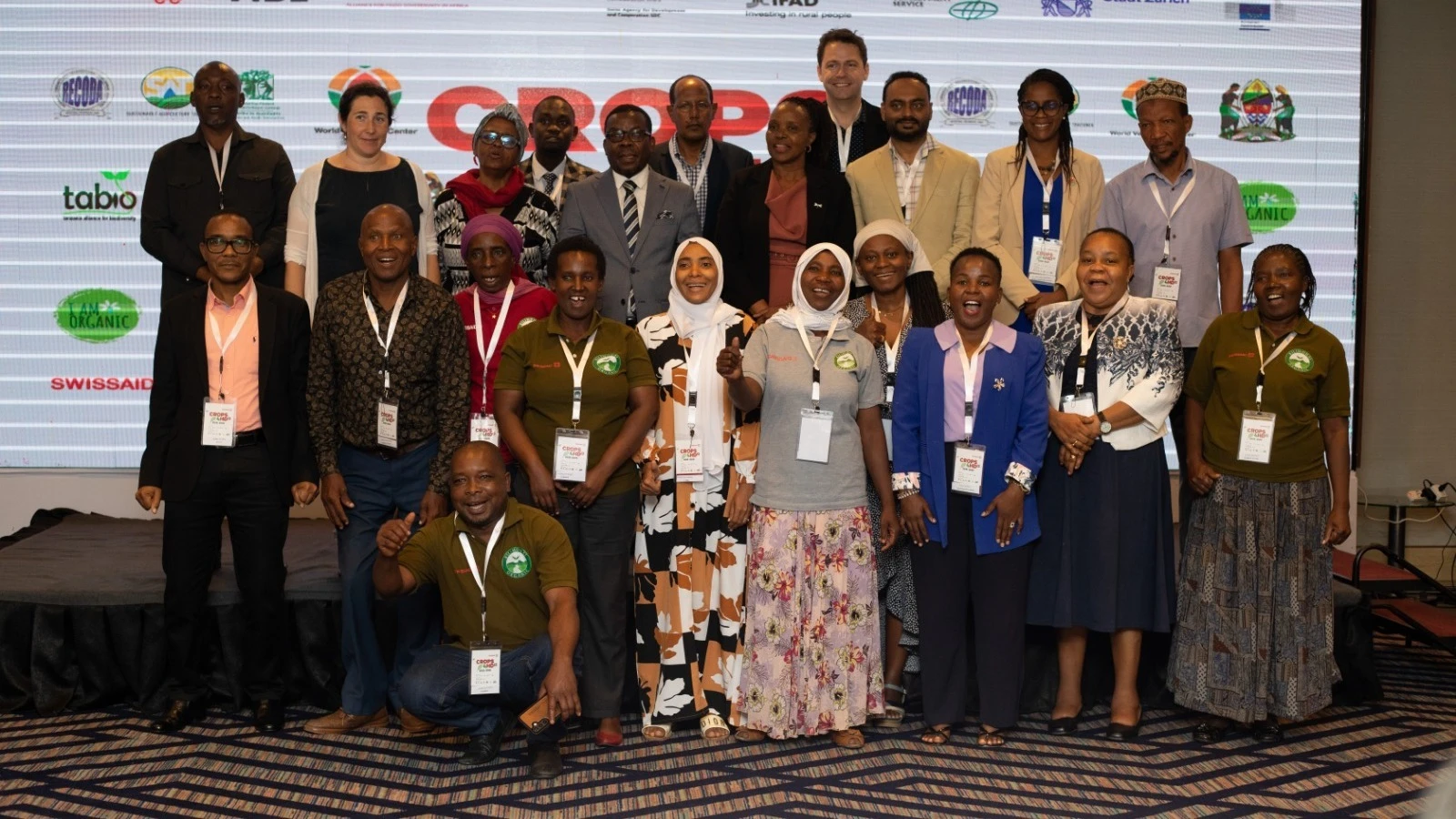Much could be done in reviewing land, tobacco and gambling laws
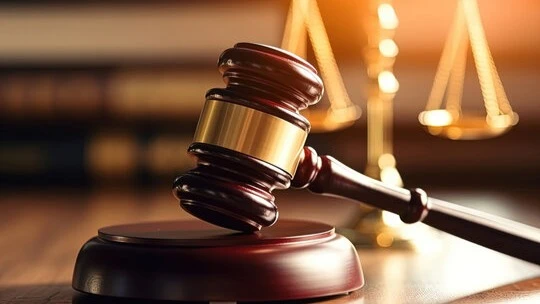
THE Law Reform Commission of Tanzania (LRCT) is reported to have embarked on a legal process meant to regulate shisha and tobacco consumption, in part targeting youth morality on shisha as well as gambling and land disputes.
The move is said to be an integral part of strategy seeking to protect public health, uphold national values and enhance productivity in various economic activities.
This definitely won’t – and can’t – be an easy task, as the experiment been carried on time and again in years gone by but without much reason for delight.
At one level there is a problem with the extent to which the commission can go in that regard, as reviewing legislation has to do with particular problems or challenges society wishes to see solved or resolved.
There is also the issue of the kind of consensus there is on that score, all of which sets the tone on which the commission would exercise its expertise or mandate.
There is even a preliminary issue of what ‘brains’ are used in the review – that is, if it is the legal expertise in the commission working on its own or it is clear terms of reference on what needs to be done or attained in the course of the review.
That would ordinarily be set by political authorities, as it is they that have the mandate to listen to conflicting demands and strike a tone.
That is a look at the work before the commission in conducting a systematic review of the respective pieces of legislation would show that some problems would likely crop up – with some possibly resolved through stakeholder consultations.
It is not possible to resolve the issues in closed committee meetings or by having individual law drafting experts sit on their own.
Such a scenario would hardly help the experts to fully appreciate what will be tolerated when presented for discussion in the legislature or unfolded to the larger public.
For one thing, there was a tone in remarks by top commission officials more or less suggesting that the diagnosis of the problem was done by the commission’
That would likely call for a review of the specific pieces of legislation in the wake of a worrying trend in rising shisha use particularly among young people.
For the sake of clarity, it had to be assumed that this initiative was taken as an aspect of governing – in the sense of policy advice or law review to put up the right framework for the various areas of concern.
Still the mandate to review the law and what objectives to set can only arise from the political authorities as they are better placed to consult with stakeholders at formal and informal occasions on such issues.
It is thus evident that formal concerns with morality among the youth or productivity are valid and especially urgent among religious bodies and other civic stakeholders, while revenue collectors can be indifferent or even worried by police intrusions into privacy.
Be that as it may, it is a fact that shisha essentially involves – and means – smoking heated tobacco smoke and is known to increase the risk of smokers developing heart and circulatory diseases.
It would pay to make – and follow up – follow-up arguments on the matter, but that cannot change a confirmed public health hazard into a trend to defend or cherish.
LRCT has been detailed to fulfil crucial but highly onerous duties and responsibilities. That matters and means a lot for our country and nation. We wish it every luck.
Top Headlines
© 2025 IPPMEDIA.COM. ALL RIGHTS RESERVED









